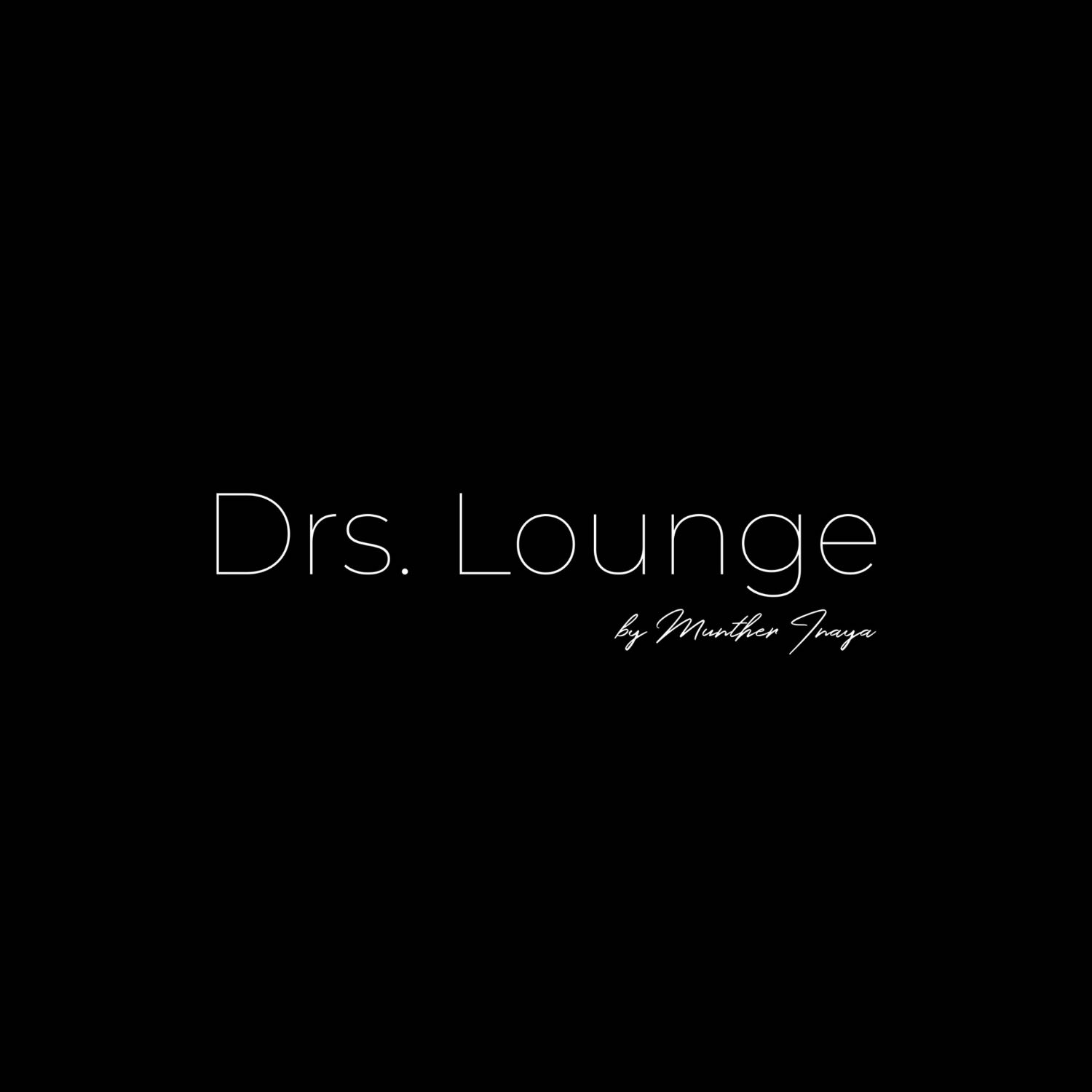 |
Health Yeah! With Monica RobinsAuthor: wkyc studios
Health Yeah! with Monica Robins The health questions you're dying to ask but too embarrassed to say out loud? Monica asks them for you. From WKYC studios in Cleveland, veteran health correspondent Monica Robins breaks through the awkward silence surrounding your most pressing health concerns. No topic is off-limits. No question too uncomfortable. What you'll get: - Real talk with leading medical experts who aren't afraid to get specific - Answers to the health questions that keep you up at night googling symptoms - Honest conversations about the taboo topics other shows won't touch - Raw, unfiltered discussions that treat you like the informed adult you are Monica's been Cleveland's trusted health voice at 3News for three decades, and now she's bringing that same fearless curiosity to conversations that matter. Whether it's the symptoms you're too mortified to mention, the procedures you're terrified to research, or the wellness trends you're not sure you should trustshe's got you covered. Your health deserves straight answers. Monica delivers them. --- Monica Robins is not a medical doctor. All content is for informational purposes only and should not replace professional medical advice. Always consult your healthcare provider for medical guidance. Language: en Genres: Health & Fitness, Medicine Contact email: Get it Feed URL: Get it iTunes ID: Get it |
Listen Now...
GLP-1 Medications: What You Need to Know
Episode 136
Friday, 23 January, 2026
One in eight Americans are now taking GLP-1 medications like Wegovy and Ozempic, but are they getting the full story? Dr. Haitham Khraishah, a preventive cardiologist at University Hospitals Harrington Heart and Vascular Institute, sits down with health journalist Monica Robins to reveal what patients really need to know about these game-changing drugs.Discover why these medications are no longer just about weight loss – they're now considered cardio-metabolic powerhouses that reduce heart attacks, strokes, and may even curb cravings for alcohol and nicotine. But there's a catch most people don't realize: you'll likely need to stay on them for life, and you could lose up to 45% of your muscle mass in the process.Dr. Khraishah explains the critical differences between the new Wegovy pill and traditional weekly injections, why the timing and dosing matter more than you think, and the truth about what happens when you stop taking these medications. Plus, he shares exactly what you need to do to prevent devastating muscle loss – from protein requirements to the specific exercises that matter most.Whether you're currently taking GLP-1s, considering starting them, or just want to understand the science behind the headlines, this conversation cuts through the hype to give you the facts you need to make informed decisions about your health.Key Topics Covered:The surprising benefits beyond weight lossInjectable vs. pill: which is right for you?Why these drugs require lifelong commitmentHow to prevent and reverse muscle lossCost considerations and future medications on the horizonThe truth about stopping and restarting Monica Robins is not a medical doctor. All content presented in this program is for informational purposes only. It is not intended to be a substitute for professional medical advice and should not be relied on as health or personal advice. Always seek the guidance of your personal doctor or qualified healthcare professional with any questions regarding your health or medical condition.











